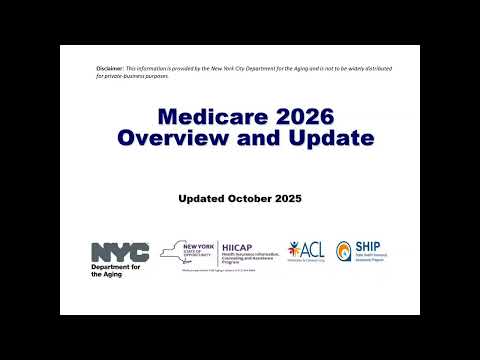
Testimony Before the New York State Department of Environmental Conservation Regarding the Draft Generic Environmental Impact Statement on Gas Development in the Marcellus Shale on November 10, 2009
Liz Krueger
July 15, 2010
My name is Kyle Sklerov and I am testifying on behalf of State Senator Liz Krueger who represents the 26th Senate District, which includes the East Side and Midtown areas of Manhattan.
I want to thank you for providing me with this opportunity to testify on the New York State Department of Environmental Conservation’s (DEC) proposed Draft Generic Environmental Impact Statement (DGEIS) on Gas Development in the Marcellus Shale. While I understand the desire of the State and the DEC to finalize these regulations and start drilling as soon as possible, I have serious concerns about a number of the possible consequences if these regulations are allowed to move forward without any changes.
It is imperative that any regulations on gas drilling take into account the need to protect the Catskill/Delaware watershed. This watershed provides unfiltered drinking water to over 8 million New York City residents and more than 15 million people in the New York, Pennsylvania, New Jersey, and Delaware region. The system is the largest unfiltered water system in the world and New York is one of only four municipalities in the country to have unfiltered drinking water.
And it is not by accident that this water system has remained unfiltered for all these years. New York and New York City have worked diligently for years ensuring that this water system remains safe by buying up land around the watershed and stopping developers from encroaching on the watershed. This investment has paid off handsomely for the city as it has consistently received a waiver from the federal government allowing the city to keep its water unfiltered.
Unfortunately for the city and state all of this hard work could be erased in a matter of moments if gas drilling is allowed to take place in the Catskill/Delaware watershed as described in the DGEIS. The DGEIS provides almost no limitations on gas drilling in the watershed—a fact I find unconscionable considering the enormity of the risk to the city’s drinking water. While the DEC and energy industry both assure everyone that the risk of spills or accidents resulting in contamination of ground water is minimal and that all precautions will be taken, we cannot accept these assurances as our basis for allowing drilling. In fact, there have been numerous cases of accidents and contamination, most recently in our neighboring state of Pennsylvania. I do believe that no one wants an accident but history has proven that they can and will happen.
When a spill and contamination of groundwater occur the effects will be devastating. Drilling for natural gas in the Marcellus Shale will use a process of hydrofracking, in which a mixture of water, sand and chemicals, many of which are toxic to humans, are injected deep into the ground in order to crack the shale and release the natural gas. The toxic fluid is then sucked back up and put in a holding container or pit in the ground. If these chemicals spill at any point during the process, either when injected, extracted, or while they are sitting in a pit, the health effects could be catastrophic.
On top of the fact that serious health issues may arise from a spill, the spill would also result in the need for New York City to build a filtration plant for its drinking water. The cost of such a plant has been estimated in the range of 10-20 billion dollars with a 300 million dollar a year operating cost. This cost will fall completely on the backs of New York’s taxpayers since there is no provision in the DGEIS for the gas companies to pay to clean up water they contaminate. Furthermore, these costs will far exceed the projected revenue for the state from allowing drilling in the watershed.
Recently the Chesapeake Energy Corporation announced that they will never drill in the Catskill/Delaware watershed. I applaud their decision and call on the DEC to follow this precedent by banning all companies from drilling in the watershed. While it is admirable that Chesapeake Energy Corporation would volunteer not to drill on their own, it is vital that the state have laws explicitly banning any and all companies from doing so. We must not rely on the good will of the energy industry to protect our water.
It is based on all these facts that I join my colleagues, activists, newspaper editorial boards, and all the concerned citizens of our great state in calling on the DEC to once and for all permanently ban drilling in New York City’s watershed.
Thank you for this opportunity to testify.
Share this Article or Press Release
Newsroom
Go to Newsroom


